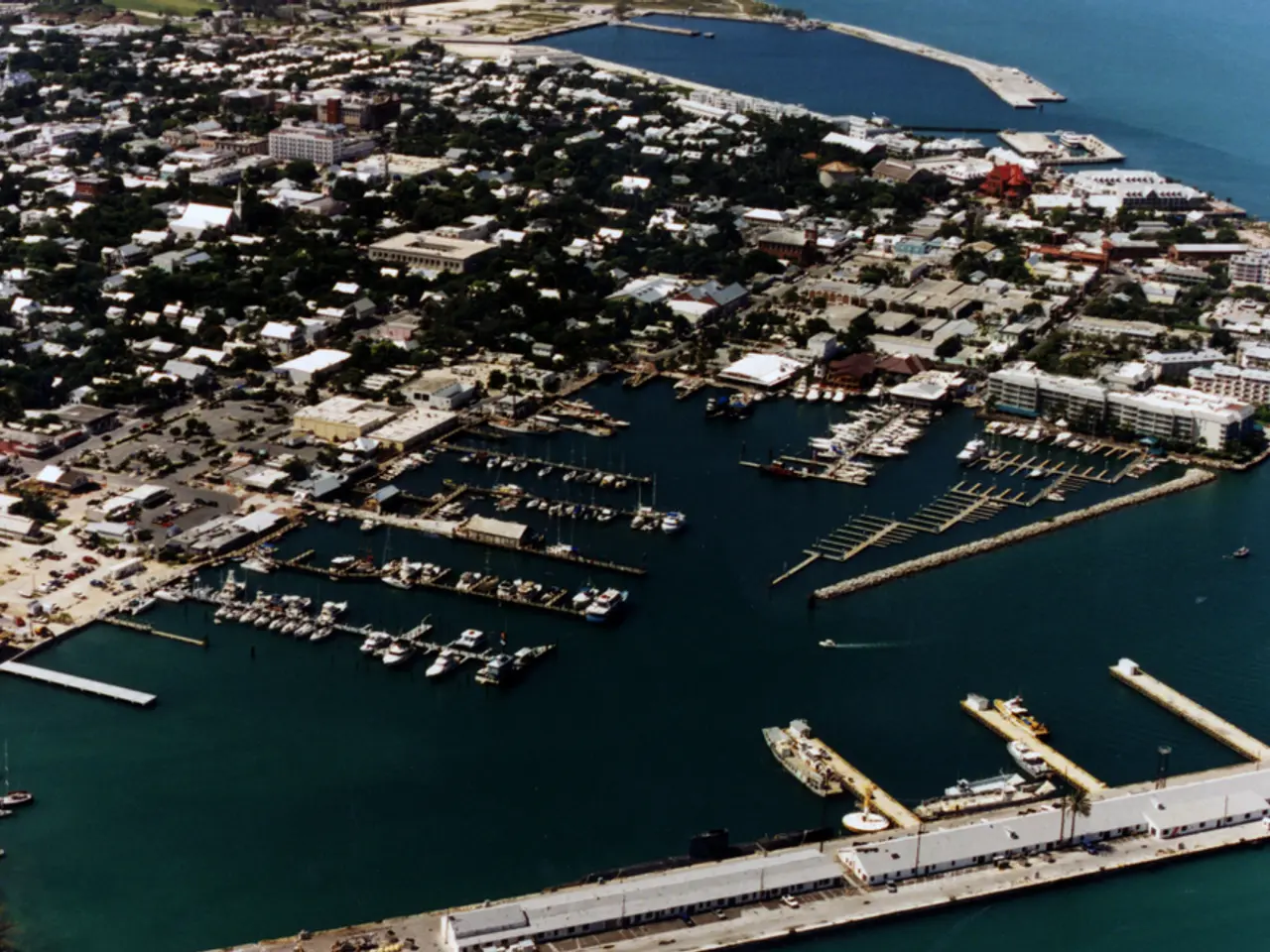Study: Vessel Activity in Port of Prince Rupert Disrupts Porpoise Feeding
A recent study has revealed that vessel activity in the Port of Prince Rupert, led by a team including Karina Dracott and Dr. Chloe V. Robinson, is disrupting the feeding habits of harbour porpoises, potentially impacting their health and survival. Harbour porpoises, a common yet often overlooked species in the northeast Pacific, rely on echolocation to hunt for food. However, the noise from vessel engines can interfere with this crucial ability. The study found that harbour porpoises feed less when more vessels, particularly fast ones like ferries and tugs, are nearby. This disruption can lead to poor nutritional condition, lower reproductive success, and increased vulnerability to diseases or hunting. The presence of boats alone can cause porpoises to move away from an area, further hindering their ability to feed. Given that harbour porpoises must eat almost constantly, with up to 550 attempts at catching prey per hour, any disruption can have significant impacts on their wellbeing. Interestingly, voluntary vessel slowdowns have been shown to reduce sound intensity and increase foraging behavior in other whales, suggesting a potential mitigation strategy. The study highlights the potential impacts of vessel activity on harbour porpoise populations in the Port of Prince Rupert. While further research is needed to understand the full extent of these impacts, the findings suggest that voluntary vessel slowdowns could be a simple yet effective way to help protect these marine mammals. The research team hopes that their findings will inform future management decisions and help ensure the long-term health of harbour porpoise populations in the region.
Read also:
- Hydrogen set to revolutionize India's space expeditions, transportation sector, and clean energy ambitions, according to ISRO Chairman's claims
- Strategic approach to eco-friendly nickel production for electric vehicles in Europe
- Solar energy company, Imperium, alongside QORAY Mobility & Energies Solar Business, bolsters Nigeria's environmental future by producing superior solar panels domestically and offering flexible payment options.
- AI Inspection Company, Zeitview, Secures $60 Million Funding for Expansion








